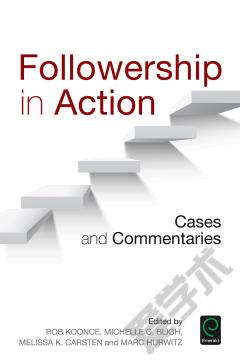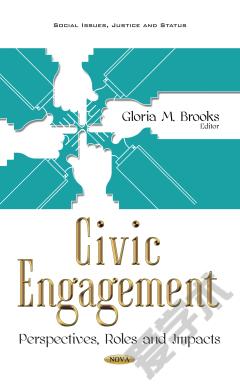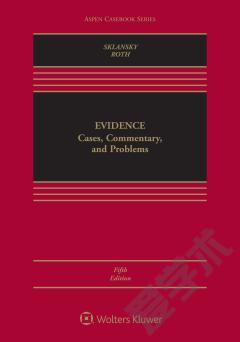Cases And Thematic Roles —— Ergative, Accusative and Active
-----
This book is concerned with the mapping of thematic roles, such as agent and patient, onto syntactic cases, such as nominative or ergative, or onto structural relations. It shows that cases and structural relations code different aspects of thematic structure. The thematic determination of the structural relation of an argument is confined to its position in the thematic structure of the predicate. Case mapping is determined by the number of basic thematic concepts involved in this structure. This fact and other facts presented in the book presuppose an approach to thematic roles that decomposes them into more basic concepts involving volitionality, causation, activity, sentience, possession, etc., and motivate the hypothesis that syntactic cases cannot be derived from structural relations in universal grammar. The phenomena pertaining to relational typology that classifies languages into ergative, accusative and active languages are shown to be restricted to case mapping.
{{comment.content}}








 京公网安备 11010802027623号
京公网安备 11010802027623号